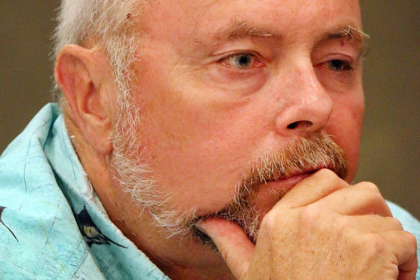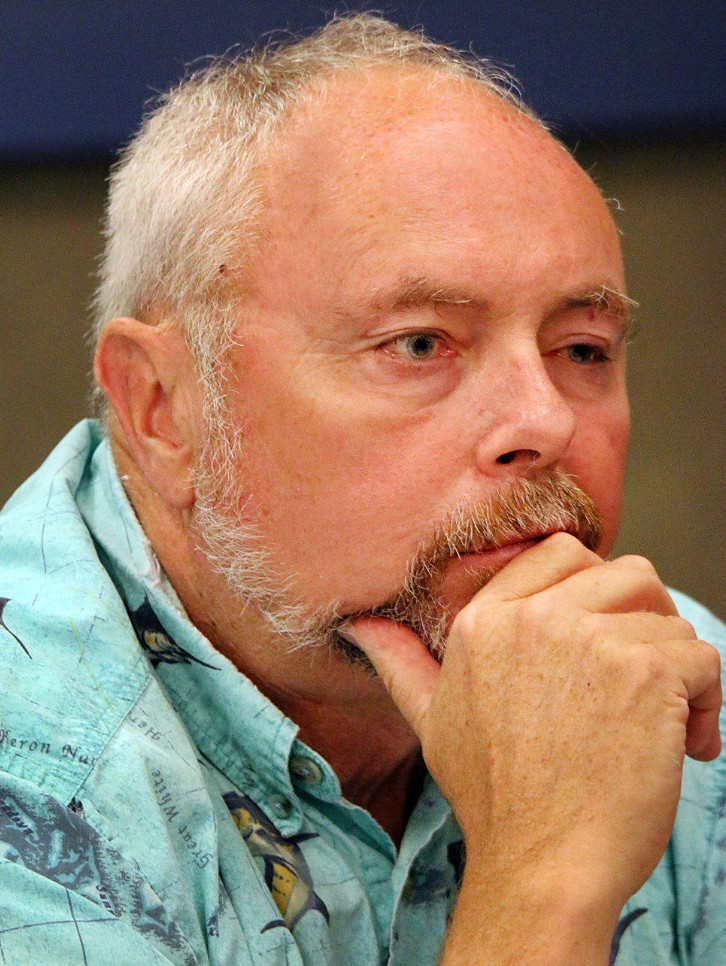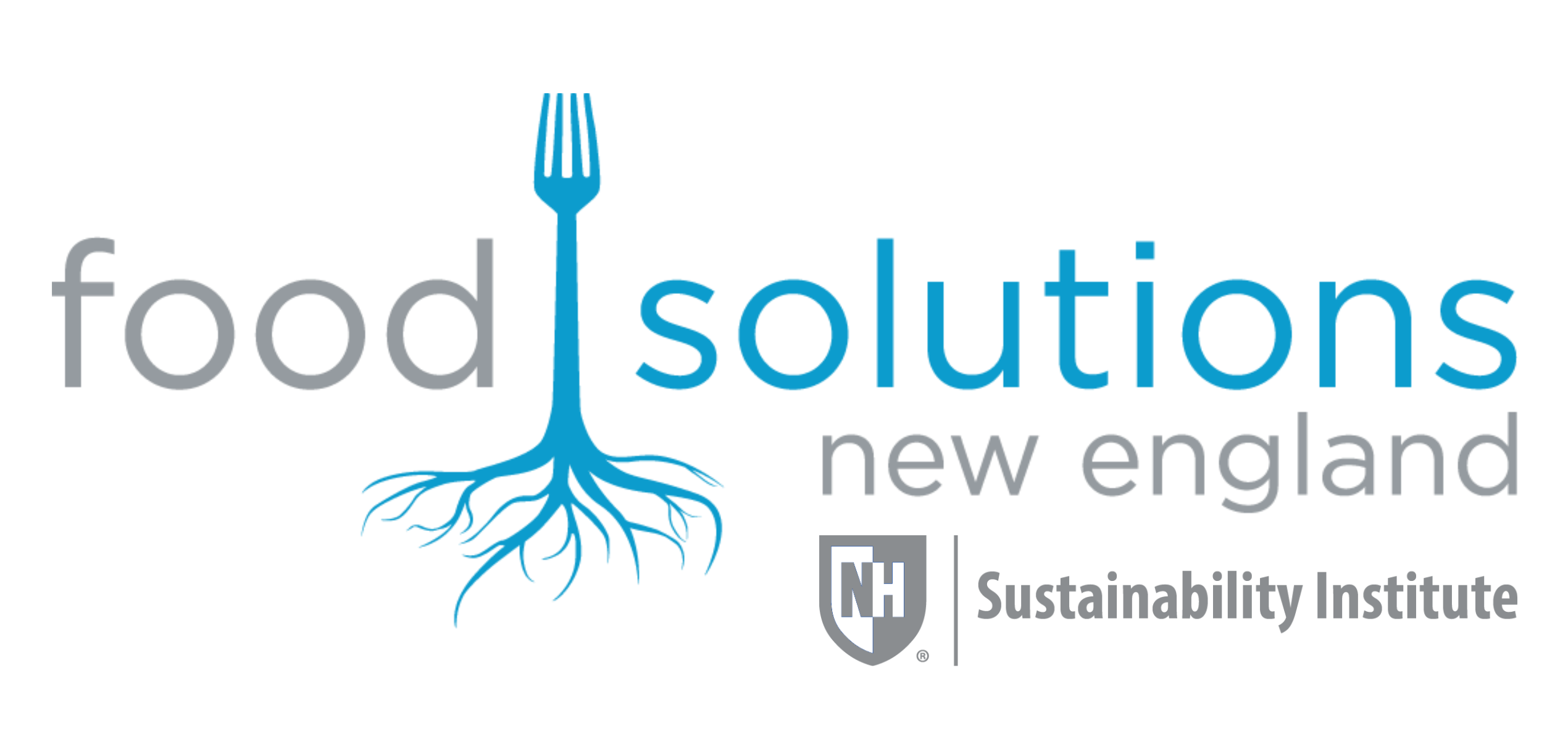
 Originally published on Seacoast Online.
Originally published on Seacoast Online.
By David Goethel
Posted Oct 31, 2019 at 11:43 AMUpdated Oct 31, 2019 at 12:07 PM
According to a study released in 2012 by the United Nations Food and Agriculture Organization, between 3.9 and 4.5 billion people get all or most of their protein sustenance from wild caught seafood. The Commerce Department reports that, despite having one of the largest exclusive fishing zones in the world, the United States imports more than 90% of its seafood.
These two facts should concern the American public and our presidential candidates, yet fishery policy is seldom if ever mentioned on the campaign trail. Every candidate has an agricultural policy, just look at the traffic jam of candidates at Iowa state fairs. Fishermen and farmers contribute over $230 million to the state’s economy annually. However, ask a candidate about the Magnuson-Stevens Fishery Management Act and you will likely get a blank stare.
All candidates have national security policies and food security is inextricably linked to national security. A country that is self-sufficient in fishing and farming is also secure. Long supply chains, often involving countries that do not necessarily have the United States best interests at heart, is inherently risky. So why has this issue not been addressed in the most recent iteration of Magnuson?
The Magnuson Act was last reauthorized for a 7-year period in 2006. This occurs through a legislative policy called unanimous consent in the U.S. Congress. Basically, it is considered so unimportant that Congressional leadership does not even schedule a floor debate. The current version has numerous flaws including all stock at maximum sustainable yield simultaneously, mandatory 10-year rebuilding periods, and single-species management of multispecies stock complexes that swim together. The result here in New England is massive under-harvesting of healthy stocks like haddock and pollock because they swim with cod. The act also put in motion the catch share management system. It comes with incredible bureaucratic bells and whistles including fishermen having to pay for their own monitoring at up to $700 per day to catalog their catch, even if it means returning fish and shellfish to the ocean dead which would have been released alive. Imagine a farmer having to pay for their own monitor to make sure the cows are not over-milked! The predictable result is the elimination of small family-owned fishing boats and their communities and the rise of large vertically integrated corporations that can absorb these costs. Indeed, New Hampshire with over a 400-year fishing tradition, has only 8 active groundfish boats left and most of the owner/captains are at or past retirement age. So why hasn’t Magnuson been reauthorized, and these deficiencies corrected?
The answer to these and other food-related issues will be discussed at the New Hampshire Food Solutions Forum with the public and presidential candidates on Nov. 5. The forum will occur at the UNH campus in Durham in the Granite State Room from 10 a.m. to 1 p.m. Representatives of the food economy and the public will gather to share challenges and opportunities facing these vital industries. Through panels, Q&A, candidate comments, and the release of an economic impact study of N.H.’s food economy, these issues will be explored in a non-partisan way with a goal of fostering partnership with state and federal governments to more effectively manage our food resources.
I plan to attend and hope you will consider joining me.
Goethel, of Hampton, is a commercial fisherman and the owner/captain of the fishing vessel the Ellen Diane.




